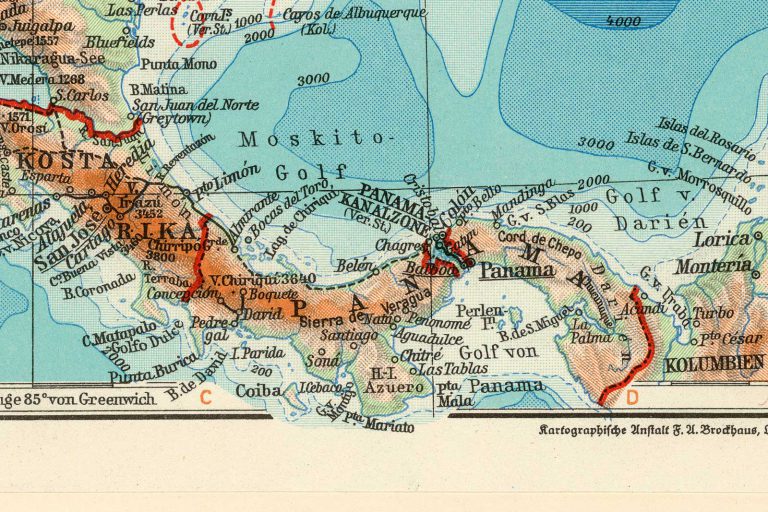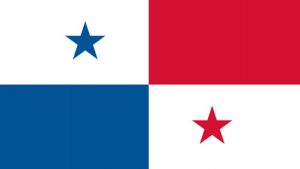
Panama
Policy on Immigration and Refugees
Panama has been dependent on the US ever since its foundation in 1903, both economically and politically. In response to the increasing political influence of the National Socialist German Reich, the US is counting on a massive enhancement of its military position on the Panama Canal. To that end, Panama agrees in 1936 to renegotiate the Panama Treaty and give up existing sovereign rights outside the Canal Zone and military bases.
As far as immigration regulations are concerned, Panama always has been restrictive towards certain ethnic groups. Law No. 6 of March 11, 1904 bars the immigration of “Chinese, Turks and Syrians.” Although the law initially has no effect on the status of those groups, it is clearly racist in its motivation: It serves to prevent damage to “public health” caused by the habits and ethnological characteristics of “the Mongolian and Semitic races.”
Those seeking refuge in Panama in the 1930s must be in a financial position to cover their own living expenses for the first year. In addition, refugees must prove they have at least $100 upon arrival. For stays longer than 60 days, a visa is required. In all, this Central American country takes in no more than 600 refugees.
Delegation
Ernesto Hoffmann
* 5 October 1879 Rüdenhausen, Bayern † 26 March 1943 Genf
After studying to become a teacher, Ernst Hoffmann goes to Panama, where he works at a state school. In 1906 he is appointed director of the National Institute for Trade and Languages. When Hoffmann, who is Protestant, wants to reorganize Panama’s school system according to the German model, he fails because of resistance from the dominant Catholic Church.
Hoffmann marries the daughter of a wealthy Panamanian lawyer, who finances his medical-school studies in Germany beginning in 1910. During World War I, he works as a military doctor in Berlin, but returns to Panama in 1915, where his father-in-law finances his new medical office and pharmacy.
After the US enters the war, he is interned as an “enemy alien”; he returns briefly to Germany in 1919 in order to collect a large reparations sum related to this incarceration.
He then becomes a citizen of Panama, and his father-in-law uses his influence to gain him a position as honorary consul in Berlin. He is said to have used his new status to smuggle large quantities of Salvarsan (a drug used to treat syphilis and other ailments) into Panama in his diplomatic baggage.
He is protected from the criticism and intrigues of other Panamanian diplomats because his sister-in-law marries the sitting Panamanian foreign minister in 1929.
In 1930 Hoffmann is appointed consul general in Geneva and Panama’s permanent representative to the League of Nations. But he continues to spend much time in Berlin, where he is rumored to frequent nightclubs and amusement arcades.
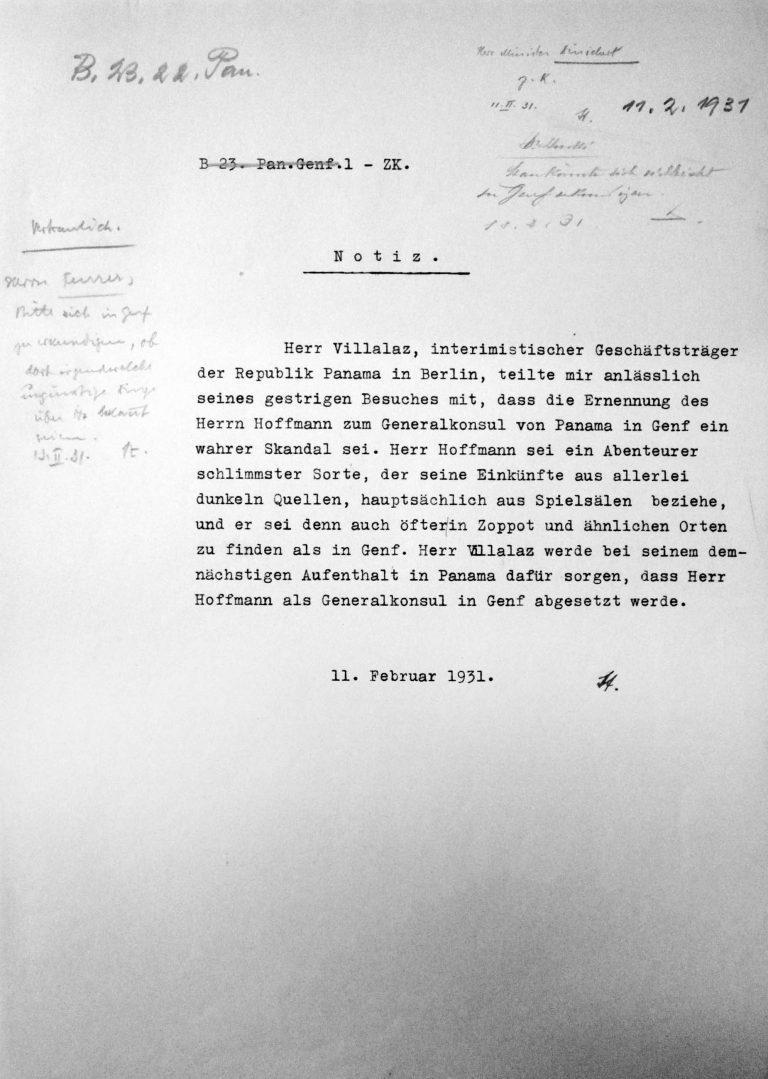
Note from the Swiss envoy in Berlin, February 11, 1931
Observations from the chief Panamanian chargé d’affaires in Berlin: Ernesto Hoffmann is described as „an adventurer of the worst kind“ who „obtains his income from all kinds of dark sources, mainly from gambling rooms.“
Schweizerisches Bundesarchiv, Bern, E2001D#10001553#1906
Note from the Swiss envoy in Berlin, February 11, 1931
Observations from the chief Panamanian chargé d’affaires in Berlin: Ernesto Hoffmann is described as „an adventurer of the worst kind“ who „obtains his income from all kinds of dark sources, mainly from gambling rooms.“
Schweizerisches Bundesarchiv, Bern, E2001D#10001553#1906
Conference Contributions
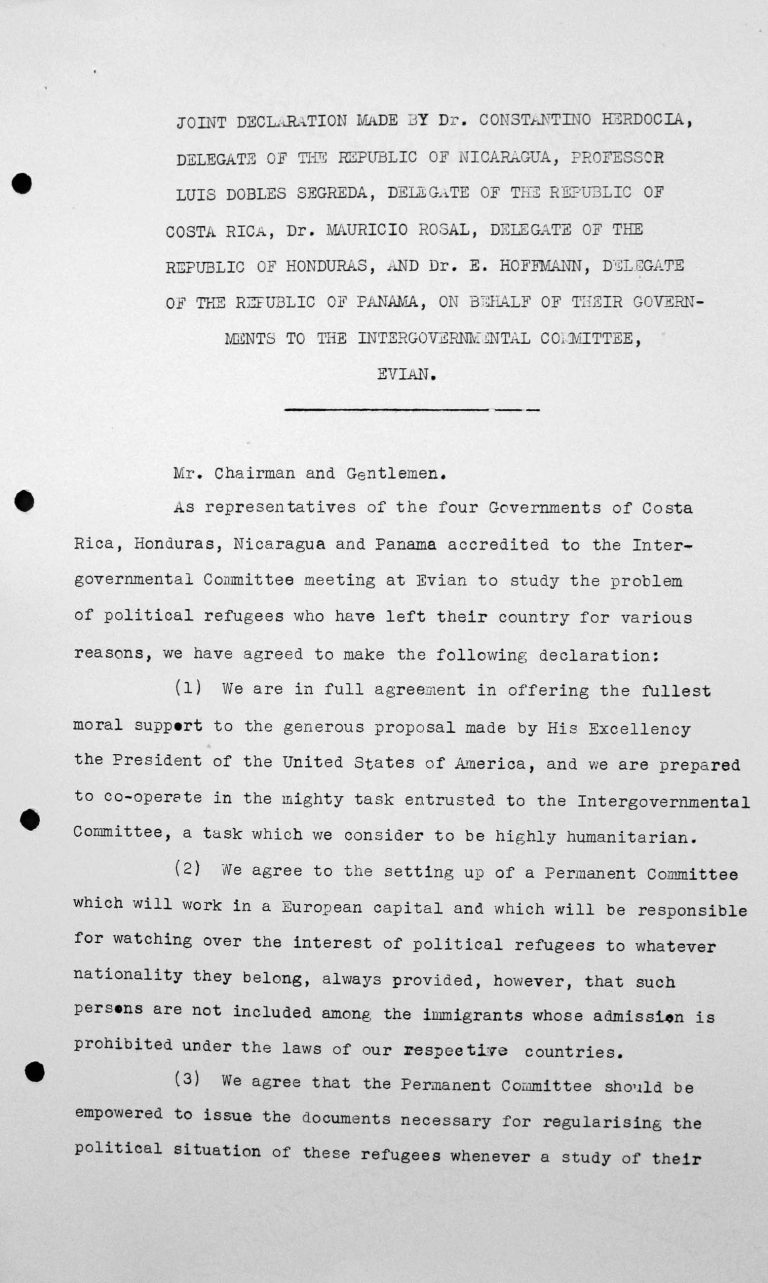
Joint declaration made by Dr. Constantino Herdocia, delegate of the Republic of Nicaragua, Professor Luis Dobles Segreda, delegate of the Republic of Costa Rica, Dr. Mauricio Rosal, delegate of the Republic of Honduras, and Dr. Ernst Hoffmann, delegate of the Republic of Panama, on behalf of their Governments to the Intergovenmental Committee, Evian, July 11, 1938, 11am, p. 1/2
Franklin D. Roosevelt Library, Hyde Park, NY
Joint declaration made by Dr. Constantino Herdocia, delegate of the Republic of Nicaragua, Professor Luis Dobles Segreda, delegate of the Republic of Costa Rica, Dr. Mauricio Rosal, delegate of the Republic of Honduras, and Dr. Ernst Hoffmann, delegate of the Republic of Panama, on behalf of their Governments to the Intergovenmental Committee, Evian, July 11, 1938, 11am, p. 1/2
Franklin D. Roosevelt Library, Hyde Park, NY
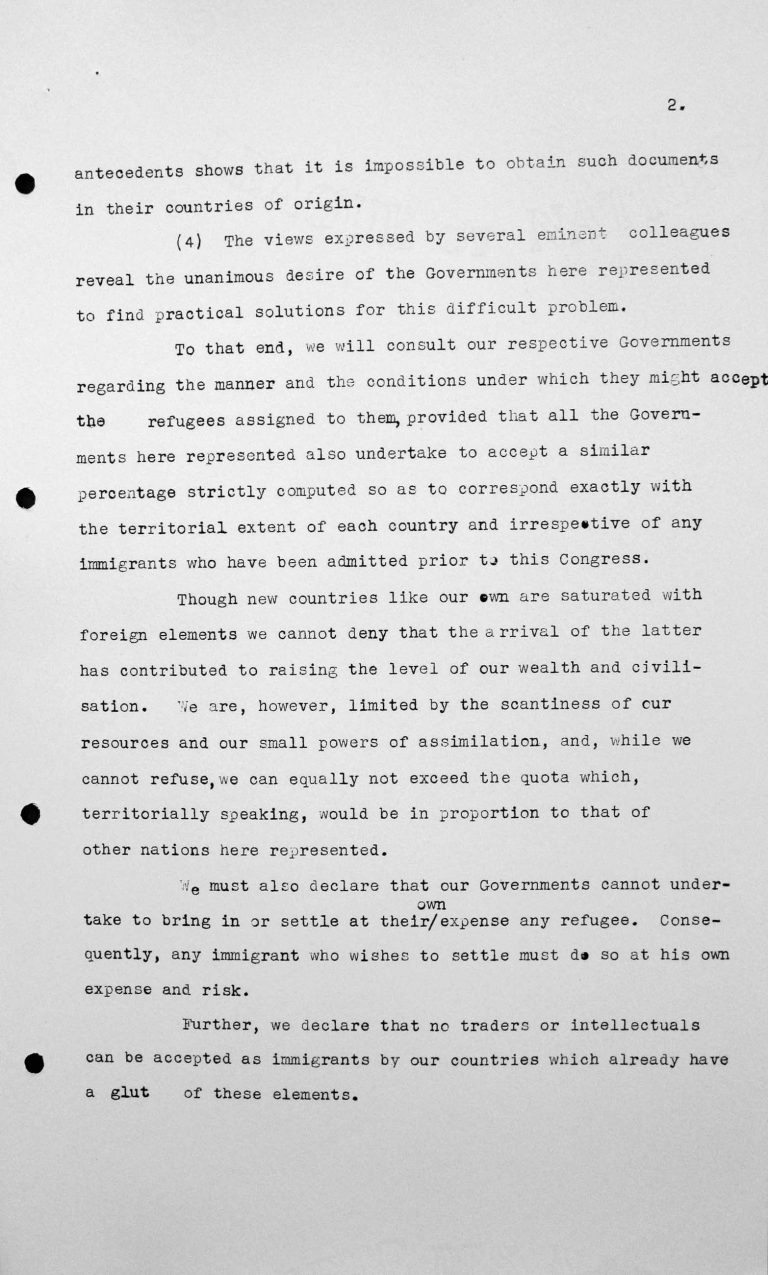
Joint declaration made by Dr. Constantino Herdocia, delegate of the Republic of Nicaragua, Professor Luis Dobles Segreda, delegate of the Republic of Costa Rica, Dr. Mauricio Rosal, delegate of the Republic of Honduras, and Dr. Ernst Hoffmann, delegate of the Republic of Panama, on behalf of their Governments to the Intergovenmental Committee, Evian, July 11, 1938, 11am, p. 2/2
Franklin D. Roosevelt Library, Hyde Park, NY
Joint declaration made by Dr. Constantino Herdocia, delegate of the Republic of Nicaragua, Professor Luis Dobles Segreda, delegate of the Republic of Costa Rica, Dr. Mauricio Rosal, delegate of the Republic of Honduras, and Dr. Ernst Hoffmann, delegate of the Republic of Panama, on behalf of their Governments to the Intergovenmental Committee, Evian, July 11, 1938, 11am, p. 2/2
Franklin D. Roosevelt Library, Hyde Park, NY
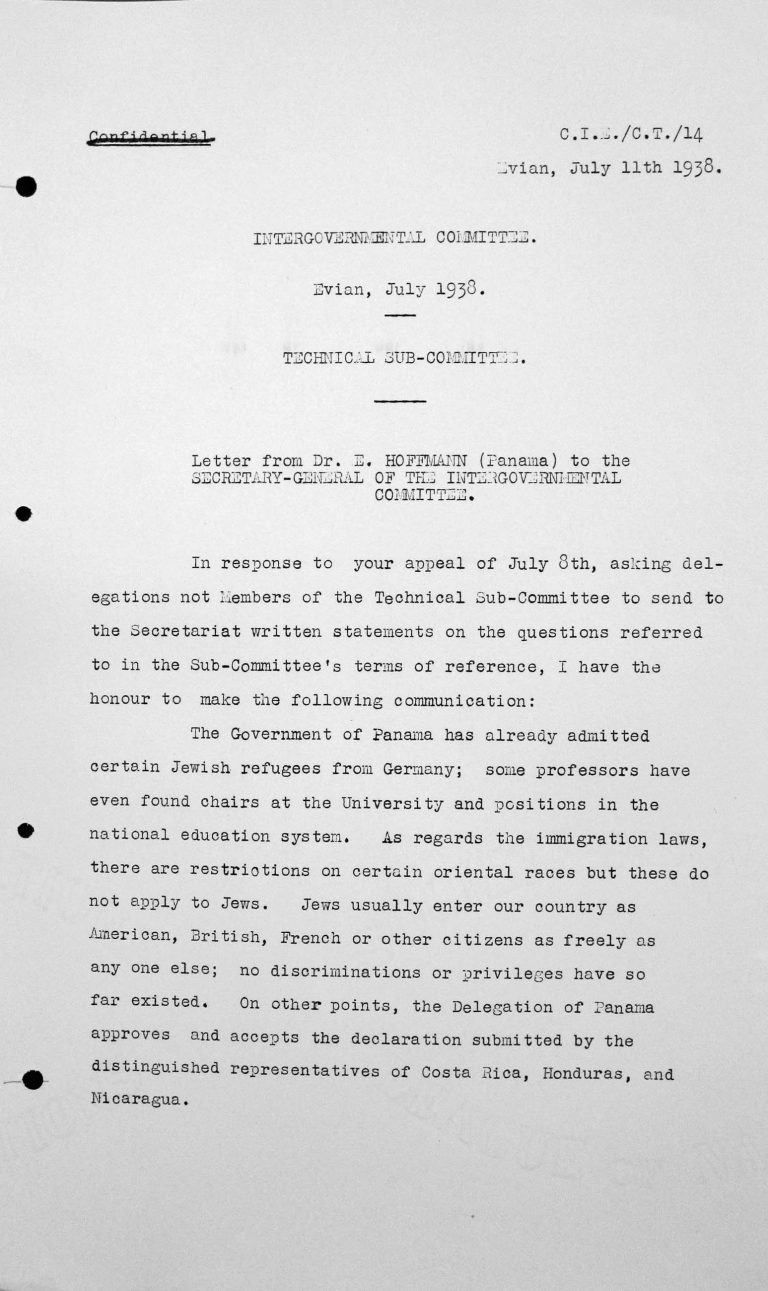
Letter from Dr. Ernesto Hoffmann (Panama) to the Secretary-General of the Intergovernmental Committee, July 11, 1938
Franklin D. Roosevelt Library, Hyde Park, NY
Letter from Dr. Ernesto Hoffmann (Panama) to the Secretary-General of the Intergovernmental Committee, July 11, 1938
Franklin D. Roosevelt Library, Hyde Park, NY
